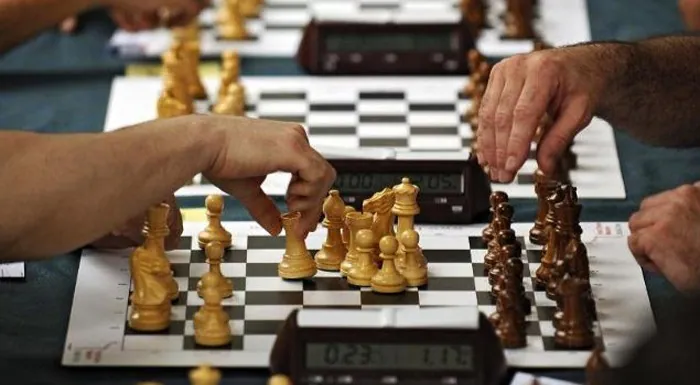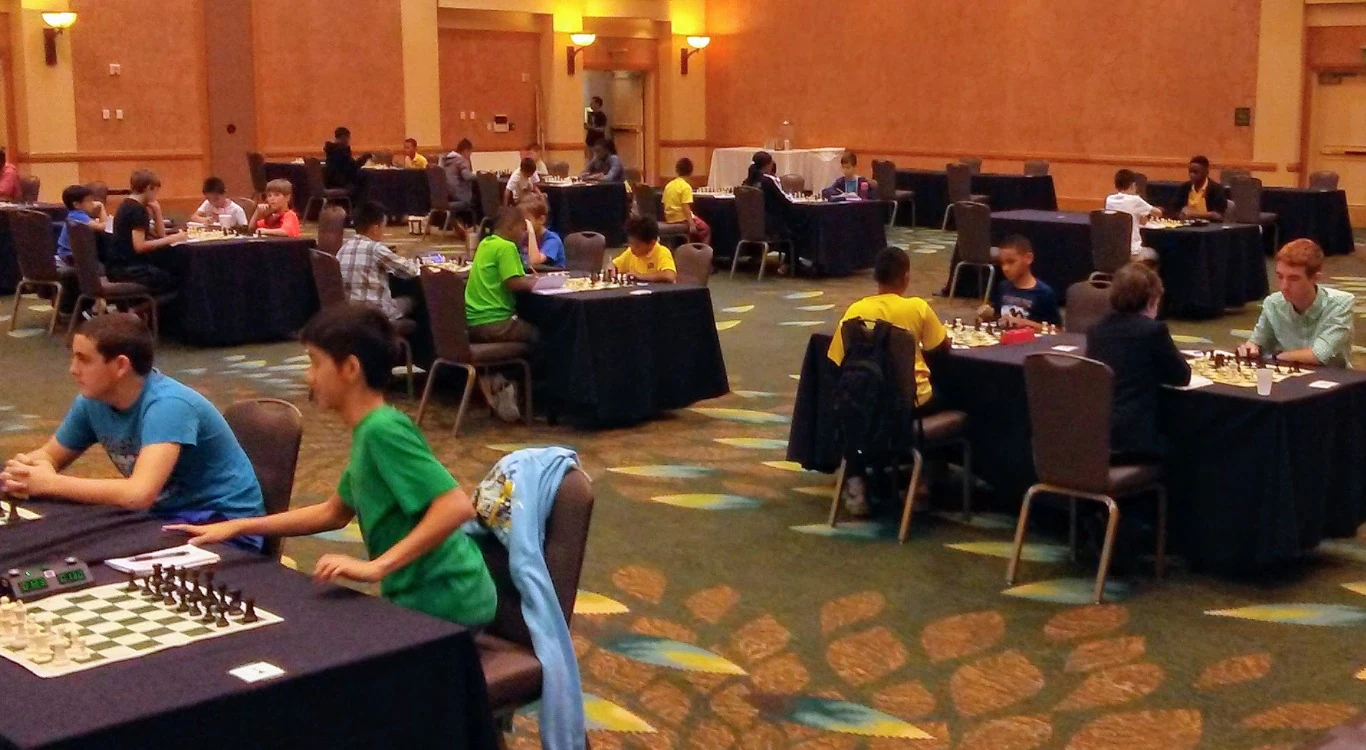Introduction to Chess and the Olympics
Chess, a game of strategic depth and mental prowess, has been a cornerstone of intellectual competition for centuries. Despite its widespread popularity and recognized status as a sport by many international organizations, chess has never been included in the Olympic Games. This omission raises intriguing questions about the criteria for Olympic sports and the unique nature of chess. In this article, we delve into the reasons behind the exclusion of chess from the Olympics, exploring the complexities of its classification, governance, and the broader implications for mind sports in general.
The Definition and Criteria of Olympic Sports
To understand why chess is not part of the Olympics, it is crucial to first examine the criteria set by the International Olympic Committee (IOC) for a sport to be included in the Games. The IOC considers several factors, including the sport’s global popularity, governance, history, and physicality. While chess is undeniably popular, with millions of players worldwide and a rich history of international competitions, it faces challenges in meeting all the criteria, particularly those related to physicality.
Global Popularity and Governance
Chess enjoys a global fanbase, with professional and amateur players participating in tournaments around the world. The game’s popularity is evident in the success of events such as the World Chess Championship, the Candidates Tournament, and the Chess Olympiad. Additionally, online platforms have expanded the reach of chess, allowing millions to play and watch games digitally.
The governance of chess is overseen by the Fédération Internationale des Échecs (FIDE), established in 1924. FIDE is responsible for regulating international competitions, setting rules, and promoting chess globally. The organization plays a critical role in maintaining the sport’s integrity and standardization.
Physicality and the Olympic Charter
One of the primary reasons chess has not been included in the Olympics is the sport’s lack of physical activity. The Olympic Charter emphasizes the importance of physical performance, highlighting sports that involve physical exertion as central to the Olympic ethos. Chess, as a mind sport, challenges this notion. While it requires intense mental concentration, strategic thinking, and cognitive skills, it does not demand physical exertion in the traditional sense. This distinction has led to debates over whether mind sports like chess should be considered alongside physical sports in the Olympic program.
The Evolution of Chess as a Sport
Chess has a long and storied history, with origins dating back over a millennium. It has evolved from a game of royalty and intellectual elites to a sport enjoyed by people of all ages and backgrounds. The modern era of chess began with the establishment of international championships and the standardization of rules. The rise of grandmasters, the professionalization of players, and the proliferation of chess clubs and schools have all contributed to its status as a competitive sport.
Recognition as a Sport by Other Organizations
While the IOC has not recognized chess as an Olympic sport, it has been acknowledged by other international organizations. The International Mind Sports Association (IMSA) includes chess alongside other mind sports such as bridge, go, and draughts. Additionally, chess has been featured in events like the Asian Games and the World Mind Sports Games, further legitimizing its status as a competitive discipline.
Challenges and Considerations for Olympic Inclusion
The inclusion of chess in the Olympics faces several challenges beyond the issue of physicality. These include logistical considerations, such as the format of the competition, the duration of matches, and the determination of fair play. Chess tournaments can last several weeks, with games sometimes extending for hours. This duration poses a challenge for the scheduling and broadcasting of events within the compact timeframe of the Olympic Games.
Doping and Fair Play in Chess
Another critical aspect is the regulation of fair play and anti-doping measures. While chess is not a physically demanding sport, it still requires oversight to prevent cheating and ensure fair competition. The use of artificial intelligence and other technological aids has raised concerns about cheating, necessitating stringent anti-cheating measures. FIDE has implemented strict rules and monitoring systems to prevent cheating, but these protocols must align with the IOC’s standards for the Olympics.
The Debate Over Mind Sports in the Olympics
The debate over whether mind sports like chess should be included in the Olympics touches on broader questions about the nature of sports and competition. Proponents argue that the intellectual rigor and strategic depth of chess merit recognition alongside physical sports. They highlight the game’s rich history, cultural significance, and the mental skills it cultivates. Opponents, however, emphasize the traditional emphasis on physicality in the Olympics, suggesting that mind sports should be celebrated in separate events.
Potential Benefits of Inclusion
Including chess in the Olympics could have several benefits. It would provide a platform for the world’s best players to compete on a global stage, raising the profile of the game and attracting new audiences. It could also inspire greater participation in chess, particularly among young people, by showcasing the sport’s intellectual challenge and strategic complexity. Additionally, Olympic recognition could lead to increased funding and support for chess development programs worldwide.
Conclusion
The exclusion of chess from the Olympics is a complex issue rooted in the traditional definitions of sports and the criteria for Olympic inclusion. While chess meets many of the criteria, its lack of physical activity has been a significant barrier. As the debate continues, the recognition of mind sports like chess by other international organizations suggests that there is a growing appreciation for the diverse forms of competition and excellence. Whether or not chess will ever be included in the Olympic program remains uncertain, but its status as a respected and celebrated sport is undeniable.





